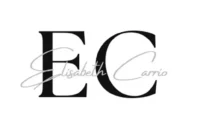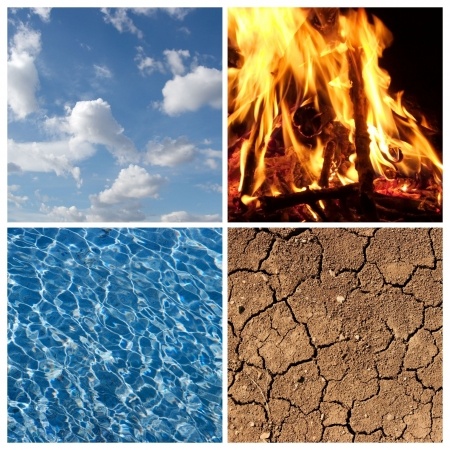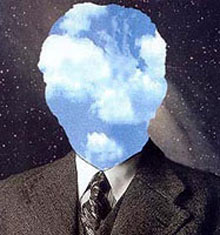Finding one's place, giving meaning to one's life, achieving a better balance... this quest is universal. It has become more conscious since our survival needs have, in our societies, been generally satisfied. However, this quest for meaning requires a better knowledge of oneself - not as an end in itself, but as a evolution key, as spiritual traditions teach.
Know yourself, why?
Knowing yourself means understanding your dominant personality and your secondary personalities, identifying your internal tensions, recognizing your qualities. It means knowing what tools are at our disposal to achieve our destiny, knowing that these are often our inner conflicts which push us to evolve, even to surpass ourselves.
Who are we ?
According to spiritual tradition, we possess ten character traits or energy centersTheir combination forms a unique personality. These personalities are grouped into four main families. I detail this typology in my book Discern, choose, and… act. What is important here is to understand that knowing your better psychic identity card allows to:
Deciphering Repetitive Patterns
Understanding your attractions or rejections
Better understand your life path
This allows to take back control of one's life, get out of the victim posture and awaken your awareness of yourself and others.
The Four Paths to Self-Knowledge
The bodily way
The body doesn't lie. It sends messages as soon as an imbalance occurs: illnesses, pain, accidents, ailments. Each of these signals has a symbolism to decipher.
👉 Also listen to your intuition, this inner voice that captures before the intellect analyzes. The body is our best ally: take care of him, respect him, listen to him.
The cognitive pathway
Powerful tools can illuminate our psyche:
L'astropsychology (or psychological astrology), which reveals our patterns, blockages and potentials
THE neuro-management, which helps differentiate primary and secondary personalities
These approaches offer considerable time savings in self-understanding and facilitate the therapeutic dialogue, with oneself or with a practitioner.
The emotional path
Our emotions are powerful indicators. Why does an event upset you when it leaves others indifferent? What story is being replayed there? Analyzing your emotions and understanding their triggers allows you to decipher one's inner world.
Visit dreams are also indicators. Note them, talk about them, they express the movements of your unconscious. Every emotion has a meaning: it's up to us to listen to it.
💡 Practice the meditation : still wisdom, yoga, shamanism… Test what suits you. Meditation develops theself-observation and the retreat.
The spiritual path, or royal road
This is the way of the sense. It requires non-judgment, holistic vision, listening skills, and awareness of being interconnected to everything —like a neuron in a large brain.
It activates what we call today spiritual intelligence, which can be measured and developed. The work of Joseph Campbell, James Hollis, Or Clare Graves offer valuable reading grids.
Art is also a path of access: painting, writing, music… Express yourself, not to become an artist, but to let what is within you emerge.
A personal… or collective approach
These four paths can be practiced alone or in a group (Tao workshops, collective intelligence, etc.). Some prefer the solitude, others need the collective resonance. To each his own path, according to his personality and circumstances.
In conclusion
Self-knowledge is a path of transformation. It allows us to give meaning to one's journey, to take back one's power, and to fully embody who one is.
I invite you to explore the resources on this site (articles, videos), or to contact me to explore your path of knowledge.



